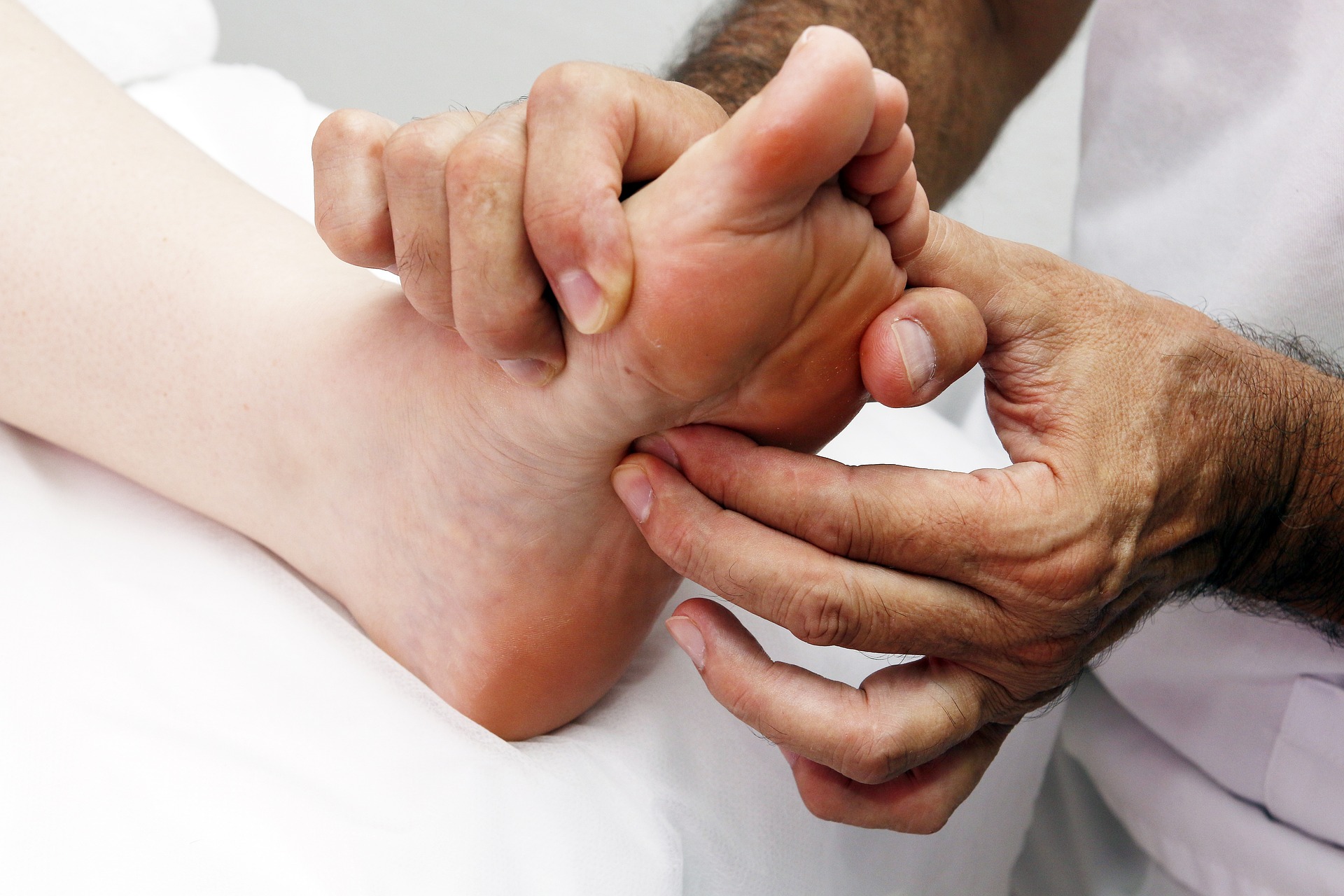Understanding the Journey to Recovery: A Comprehensive Guide to Rehabilitation
Rehabilitation, commonly known as rehab, represents a structured approach to helping individuals overcome addiction and regain control of their lives. This comprehensive treatment process combines medical supervision, psychological support, and various therapeutic interventions to address substance use disorders and promote lasting recovery. Whether seeking help for yourself or a loved one, understanding the rehabilitation process is crucial for making informed decisions about treatment options.
Different Types of Rehabilitation Programs
Rehabilitation programs come in various forms to meet diverse patient needs. Inpatient programs provide 24/7 care in a residential setting, ideal for severe addictions or those requiring intensive support. Outpatient programs offer flexibility for individuals who can maintain daily responsibilities while receiving treatment. Partial hospitalization programs bridge the gap between inpatient and outpatient care, providing structured support during the day while allowing patients to return home at night.
The Role of Therapy in Recovery
Therapeutic interventions form the cornerstone of successful rehabilitation. Evidence-based approaches include cognitive behavioral therapy (CBT), which helps identify and modify harmful thought patterns, and dialectical behavior therapy (DBT) for emotional regulation. Group therapy sessions foster peer support and shared learning experiences, while individual counseling addresses personal triggers and trauma. Family therapy helps repair relationships and build support systems crucial for long-term recovery.
Components of Effective Treatment Programs
Successful rehabilitation programs typically incorporate multiple treatment elements:
-
Medical detoxification and withdrawal management
-
Individual and group counseling sessions
-
Life skills training and education
-
Relapse prevention strategies
-
Aftercare planning and support
-
Holistic approaches (meditation, yoga, art therapy)
Creating a Sustainable Recovery Plan
Long-term recovery requires a comprehensive aftercare strategy. This includes:
-
Regular attendance at support group meetings
-
Ongoing therapy sessions
-
Lifestyle modifications
-
Stress management techniques
-
Building healthy relationships
-
Developing new interests and hobbies
| Treatment Type | Duration | Level of Care | Typical Cost Range |
|---|---|---|---|
| Inpatient Rehab | 30-90 days | 24/7 supervised care | $14,000 - $27,000 per month |
| Outpatient Program | 3-6 months | 10-12 hours weekly | $5,000 - $10,000 total |
| Partial Hospitalization | 2-4 weeks | 6-8 hours daily | $7,000 - $20,000 total |
| Intensive Outpatient | 8-12 weeks | 9-20 hours weekly | $3,000 - $7,000 total |
Prices, rates, or cost estimates mentioned in this article are based on the latest available information but may change over time. Independent research is advised before making financial decisions.
This article is for informational purposes only and should not be considered medical advice. Please consult a qualified healthcare professional for personalized guidance and treatment.





